Top Features to Look for in an RV Solar Backup Generator
Power up on the go with our top-selling RV solar backup generators
Ease of Installation
When it comes to choosing an RV solar backup generator, one of the most important factors to consider is the ease of installation. After all, you want a generator that you can easily set up and start using without any hassle. In this blog section, we will explore why ease of installation matters, what to look for in a user-friendly generator, and provide some real-life examples to help you make an informed decision.
Why Ease of Installation Matters
- Save Time and Effort: An RV solar backup generator that is easy to install can save you valuable time and effort. You don’t want to spend hours trying to figure out complex wiring or require technical expertise to get your generator up and running.
- Beginner-Friendly: Whether you are a seasoned RV enthusiast or new to the world of solar generators, ease of installation ensures that you can quickly and confidently set up your generator, regardless of your level of technical expertise.
Features to Look for in a User-Friendly Generator
- Plug-and-Play Design: Look for generators that have a plug-and-play design, allowing you to simply connect the necessary cables and start using it right away. This eliminates the need for intricate wiring or complicated installations.
- Clear Instructions: Ensure that the generator comes with clear and concise instructions, preferably accompanied by diagrams or illustrations. This will guide you through the installation process, making it easy to follow step by step.
- Compatibility: Check if the generator is compatible with your RV’s existing electrical system. Some generators may require additional adapters or converters, so it’s essential to choose one that seamlessly integrates with your RV setup.
Real-Life Examples of User-Friendly RV Solar Backup Generators
- Goal Zero Yeti 1000 Lithium Portable Power Station: This generator is known for its ease of installation. With its plug-and-play design, all you need to do is connect your devices and start harnessing solar power. The accompanying user manual provides clear instructions, making it suitable for beginners.
- Renogy Phoenix Portable Generator All-in-One Solar Kit: The Renogy Phoenix is another user-friendly option with a simple installation process. It features an integrated solar panel, eliminating the need for separate wiring. The intuitive user interface and comprehensive instructions make it a great choice for RV owners of all experience levels.
Benefits of User-Friendly Installation
- Convenience: Easy installation means you can quickly set up your generator and start enjoying the benefits of solar power without delay.
- Portability: User-friendly generators are often designed with portability in mind. They are lightweight and compact, making them easy to carry and store when not in use.
- Cost Savings: By opting for a generator that you can install yourself, you save on professional installation fees. This makes RV solar backup generators a cost-effective solution for powering your RV off the grid.
In conclusion, when choosing an RV solar backup generator, prioritize ease of installation. Look for a user-friendly generator with a plug-and-play design, clear instructions, and compatibility with your RV’s electrical system. Real-life examples like the Goal Zero Yeti 1000 and Renogy Phoenix highlight the convenience and benefits of such generators. With a user-friendly installation, you can effortlessly harness the power of solar energy for your RV adventures.
Power Output: Ensuring Sufficient Power for Your RV
When it comes to choosing the right generator for your RV, power output is a crucial factor to consider. After all, you want to ensure that your generator is capable of providing sufficient power to run all the essential appliances and devices in your RV. In this blog post, we’ll delve into the details of power output and provide you with some valuable insights to help you make an informed decision.
Understanding Wattage Capacity
The wattage capacity of a generator refers to the maximum power it can produce. It determines the number and type of appliances you can operate simultaneously without overloading the generator. To ensure you choose a generator that meets your power needs, it’s essential to assess the wattage requirements of your RV appliances.
Assessing Your Power Needs
To accurately gauge your power needs, make a comprehensive list of all the appliances and devices you intend to run simultaneously while using the generator. This list may include lights, refrigerator, charging ports, microwave, air conditioner, and more. Consult the user manuals or labels on each appliance to find the wattage or amperage rating. If the wattage is not specified, you can calculate it by multiplying the voltage (typically 120V for RVs) by the amperage.
Once you have all the wattage ratings, add them up to determine the total power requirement. It’s worth noting that some appliances, like refrigerators and air conditioners, may have a higher starting wattage, known as surge wattage. Ensure that the generator you choose can handle these surge demands without any issues.
Choosing the Right Generator
Now that you have an idea of your power needs, it’s time to find a generator that can meet them. Here are a few key points to consider:
- Wattage Capacity: Ensure that the generator’s wattage capacity is equal to or greater than your total power requirement. It’s always prudent to have a little extra capacity to accommodate any future additions to your RV or unexpected power needs.
- Inverter Technology: Generators equipped with inverter technology provide cleaner and more stable power, making them ideal for sensitive electronics such as laptops, smartphones, and televisions.
- Fuel Efficiency: Look for generators that offer good fuel efficiency, allowing you to run your appliances for longer durations without frequently refueling.
- Noise Level: If quiet operation is essential to you, consider generators specifically designed for RV use, as they are often quieter compared to traditional portable generators.
Comparison Table: Popular Generator Models
To help you make an informed decision, here’s a comparison table featuring some popular generator models:
| Generator Model | Wattage Capacity | Inverter Technology | Fuel Efficiency | Noise Level |
|---|---|---|---|---|
| Brand A Model X | 3000W | Yes | Excellent | 55 dB |
| Brand B Model Y | 4000W | Yes | Good | 60 dB |
| Brand C Model Z | 5000W | No | Average | 65 dB |
Remember, this is just a sample comparison table, and there are many other models available on the market. Be sure to thoroughly research and analyze the specifications and customer reviews of different models before making your final decision.
Battery Capacity
When it comes to choosing an effective RV solar backup generator, one crucial factor to consider is the battery capacity. A high-capacity battery is essential for storing enough energy to power your RV during cloudy days or at night when sunlight is limited. In this blog section, we will delve deeper into battery capacity and explore why lithium-ion batteries are superior to traditional lead-acid batteries.
The Importance of Battery Capacity
Having a sufficient battery capacity is vital for ensuring a reliable power source for your RV. It allows you to store excess energy generated by your solar panels, which can then be utilized during periods of low sun exposure. With a high-capacity battery, you can enjoy peace of mind knowing that your RV’s essential devices and appliances will continue to function even when the sun is not at its peak.
Lithium-Ion Batteries vs. Lead-Acid Batteries
- Lithium-Ion Batteries:
- Longer Lifespan: Lithium-ion batteries have a significantly longer lifespan compared to lead-acid batteries. They can typically endure hundreds or even thousands of charging cycles, ensuring long-term reliability.
- Better Performance: Lithium-ion batteries offer better performance in terms of energy density, efficiency, and charging speed. They can provide more power in a smaller form factor, allowing for greater flexibility when designing your RV solar setup.
- Lightweight: Lithium-ion batteries are considerably lighter than lead-acid batteries. This weight advantage is particularly beneficial for RV owners looking to reduce overall vehicle weight and increase fuel efficiency.
- Lead-Acid Batteries:
- Lower Cost: Lead-acid batteries tend to have a lower upfront cost compared to lithium-ion batteries. For RV owners on a budget, this may be a determining factor.
- Wide Availability: Lead-acid batteries have been around for a long time and are readily available. Finding replacements or additional batteries for your RV solar backup generator is generally easier with lead-acid options.
- Familiar Technology: Many people are familiar with lead-acid batteries, making them a popular choice among RV owners who prefer tried-and-tested technology.
Considerations When Choosing Battery Capacity
When selecting a battery capacity for your RV solar backup generator, keep the following factors in mind:
- Power Consumption: Calculate the average power consumption of your RV’s appliances and devices to determine how much energy you need to store. Consider any additional power requirements for devices like air conditioners or refrigerators, which may require more capacity.
- Usage Patterns: Think about how frequently you plan to use your RV and how long you typically stay at campsites without access to shore power. Longer off-grid stays will require a larger battery capacity to sustain your power needs.
- Space Constraints: Consider the available space in your RV for mounting the battery bank. If space is limited, lithium-ion batteries are a great option due to their compact size and lightweight nature.
Portability and Durability
When it comes to outdoor adventures, having a reliable backup generator is essential. But not just any generator will do. You need one that is both portable and durable, allowing you to power your devices wherever you go and withstand the rigors of outdoor life. In this blog section, we will explore the importance of portability and durability when choosing a backup generator, and provide you with some real-life examples to help you make an informed decision.
Portability: Lightweight and Compact
One of the primary considerations for an outdoor generator is its portability. After all, you want a generator that is easy to carry and store in your RV or camper. Here are some key features to look for:
- Compact Size: Opt for generators that are designed to be space-efficient, with a compact form factor that doesn’t take up too much room in your RV storage compartments or trunk.
- Lightweight Construction: Look for generators made with lightweight materials, such as aluminum or high-strength plastics. This will make them easier to carry and transport, especially if you plan on moving them frequently.
- Built-in Handles or Wheels: Some generators come with built-in handles or wheels, further enhancing their portability. This feature allows you to effortlessly move the generator from one location to another, without straining your back or requiring additional tools.
Real-life example: The Honda EU2200i is a popular choice for outdoor enthusiasts due to its compact size and lightweight design. Weighing only 46 pounds and featuring a built-in handle, it’s easy to carry and store in your RV.
Durability: Built to Withstand the Elements
Outdoor adventures often expose your equipment to harsh weather conditions. To ensure your generator can withstand the elements, consider the following factors:
- Sturdy Construction: Generators made with durable materials, such as stainless steel or heavy-duty plastics, can better withstand impacts, vibrations, and general wear and tear.
- Weather Resistance: Look for generators that are designed to be weather-resistant, with features like sealed outlets and covers to protect against moisture and dust. This will ensure your generator remains operational even in rain, snow, or dusty environments.
- Noise Reduction: While not directly related to durability, generators with noise reduction features are often built to a higher standard. They tend to have better insulation and robust construction, making them more durable overall.
Real-life example: The Generac GP3000i is known for its rugged build quality and weather-resistant features. With a durable steel frame and covered outlets, it can withstand the toughest outdoor conditions.
Making the Right Choice
When choosing a backup generator for your outdoor adventures, keep in mind the importance of portability and durability. Look for generators that are lightweight, compact, and made with sturdy materials. Consider real-life examples like the Honda EU2200i and Generac GP3000i, which demonstrate the practical applications of these features.
By investing in a portable and durable generator, you can have peace of mind knowing that you have a reliable power source that can handle whatever nature throws your way. So go out there, explore the great outdoors, and never worry about running out of power again!
Making the Right Choice for Your RV Power Needs
In conclusion, it’s important to carefully consider the top features when selecting an RV solar backup generator. By focusing on factors like ease of installation, power output, battery capacity, portability, and durability, you can ensure that you find a generator that meets your specific needs and enhances your camping experience. We highly recommend conducting thorough research on different models and reading customer reviews to make an informed decision. With the right RV solar backup generator, you can enjoy a reliable and sustainable power source on your outdoor adventures.

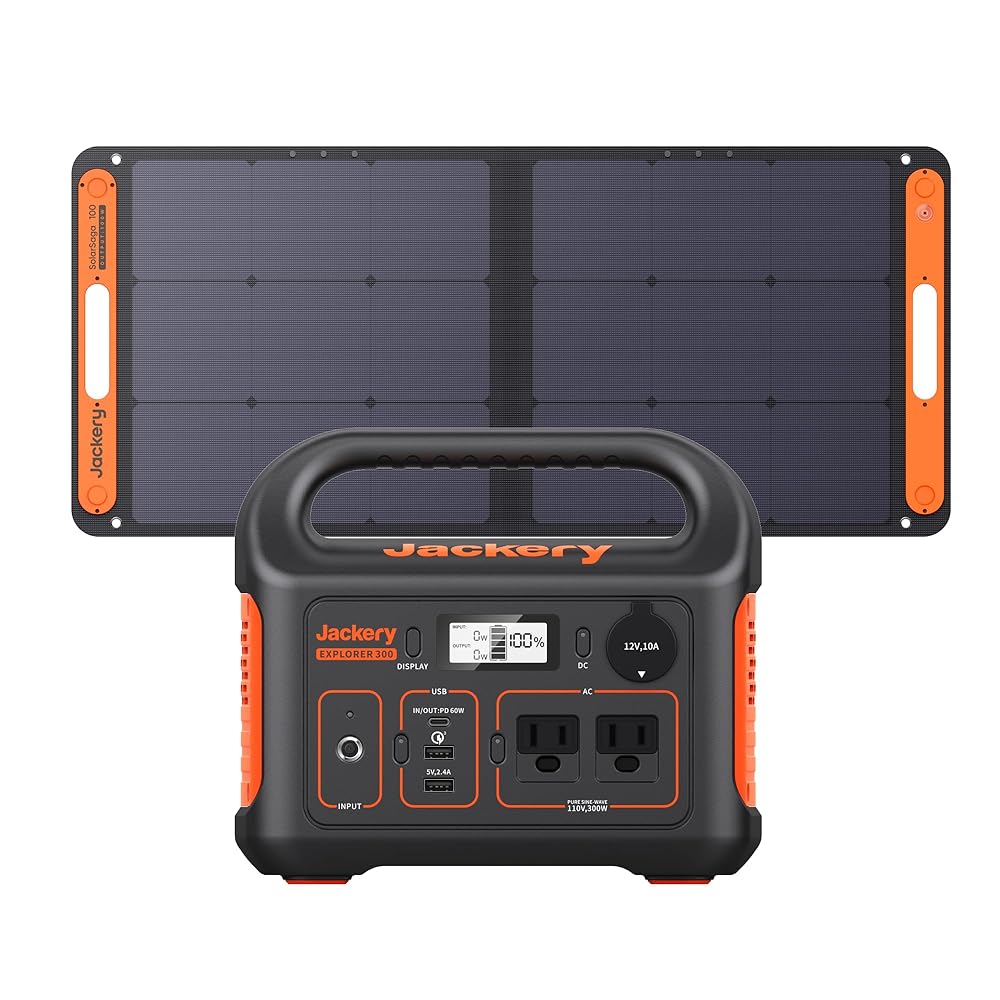


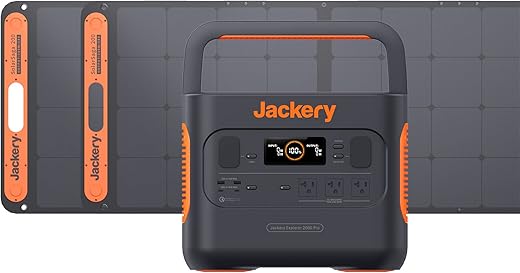
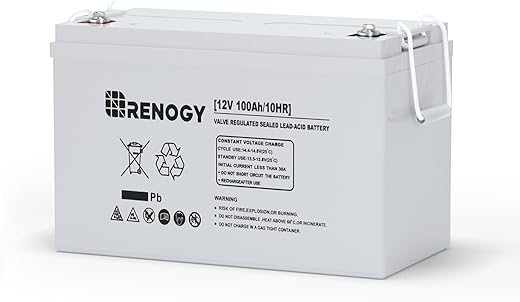

![[Upgraded] 30A Solar Charge Controller, 12V/ 24V Solar Panel Regulator with Adjustable LCD Display Dual USB Port Timer Setting PWM Auto Parameter](https://m.media-amazon.com/images/I/718bY06VqyL._AC_SL520_.jpg)



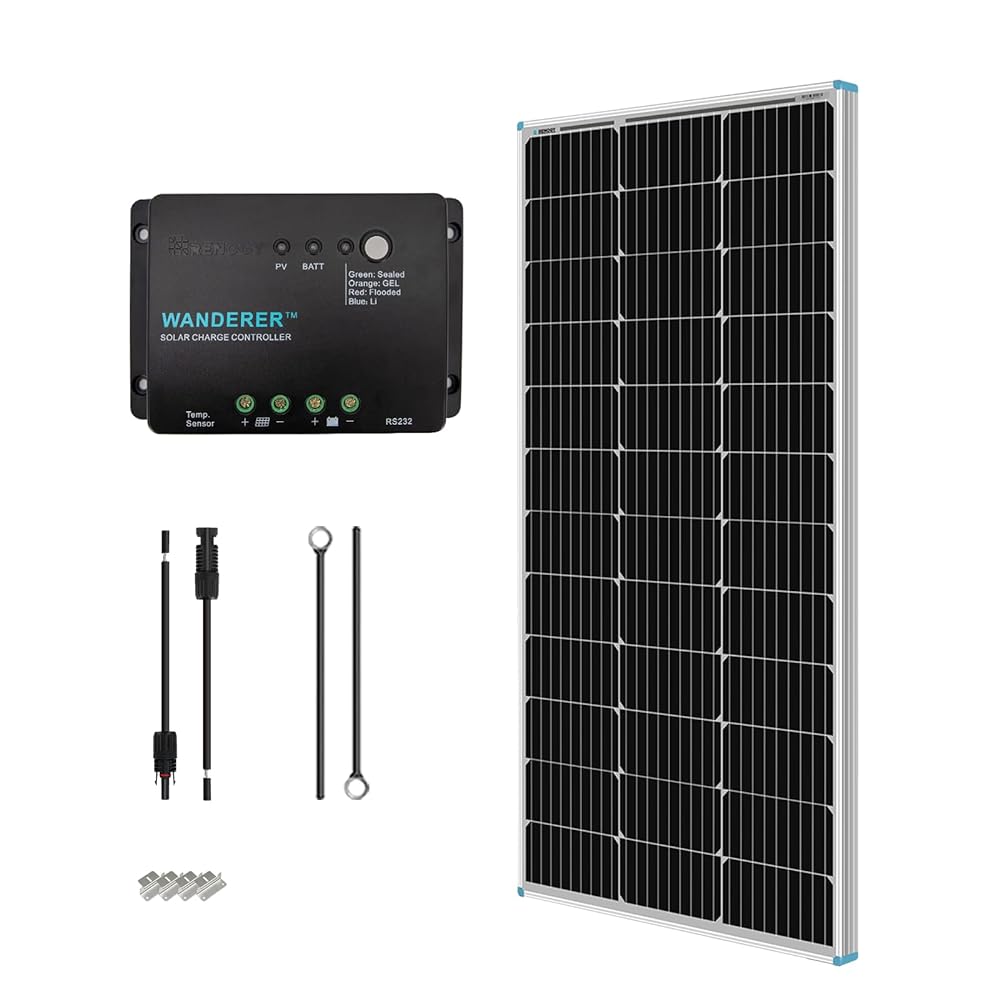
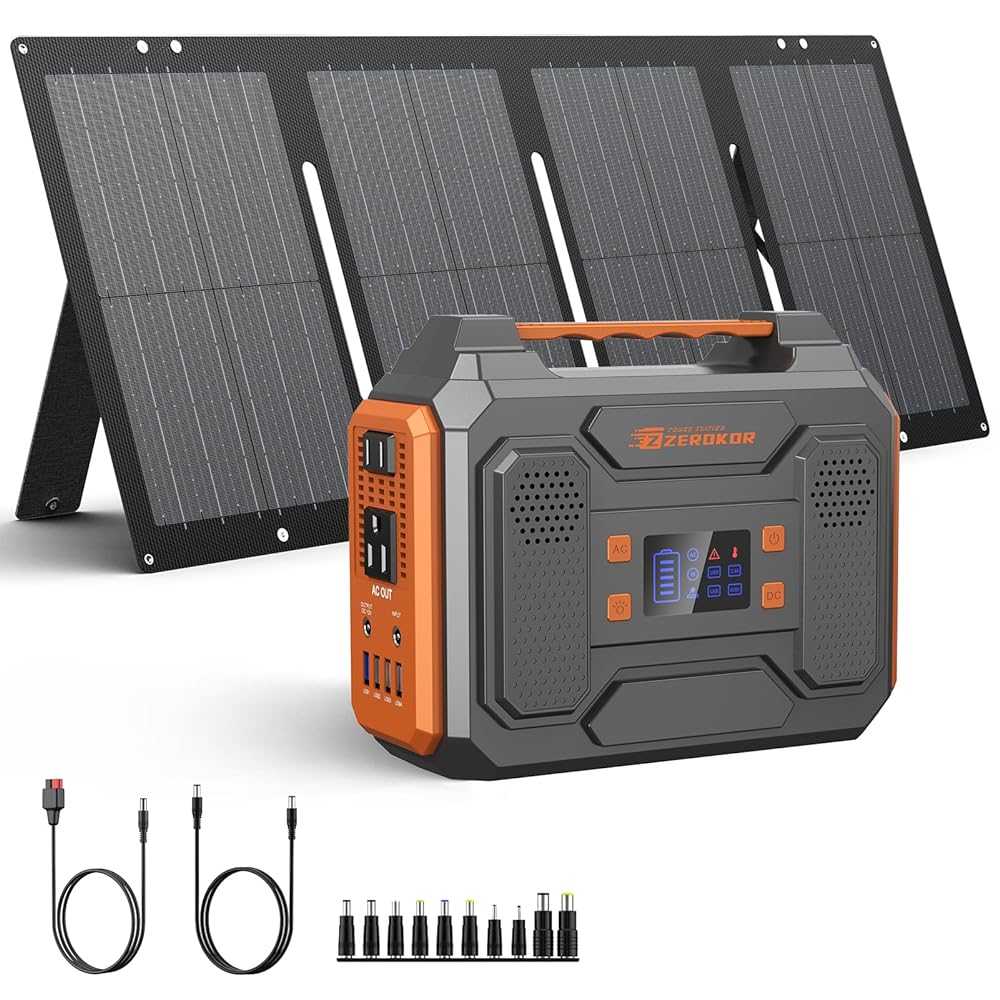
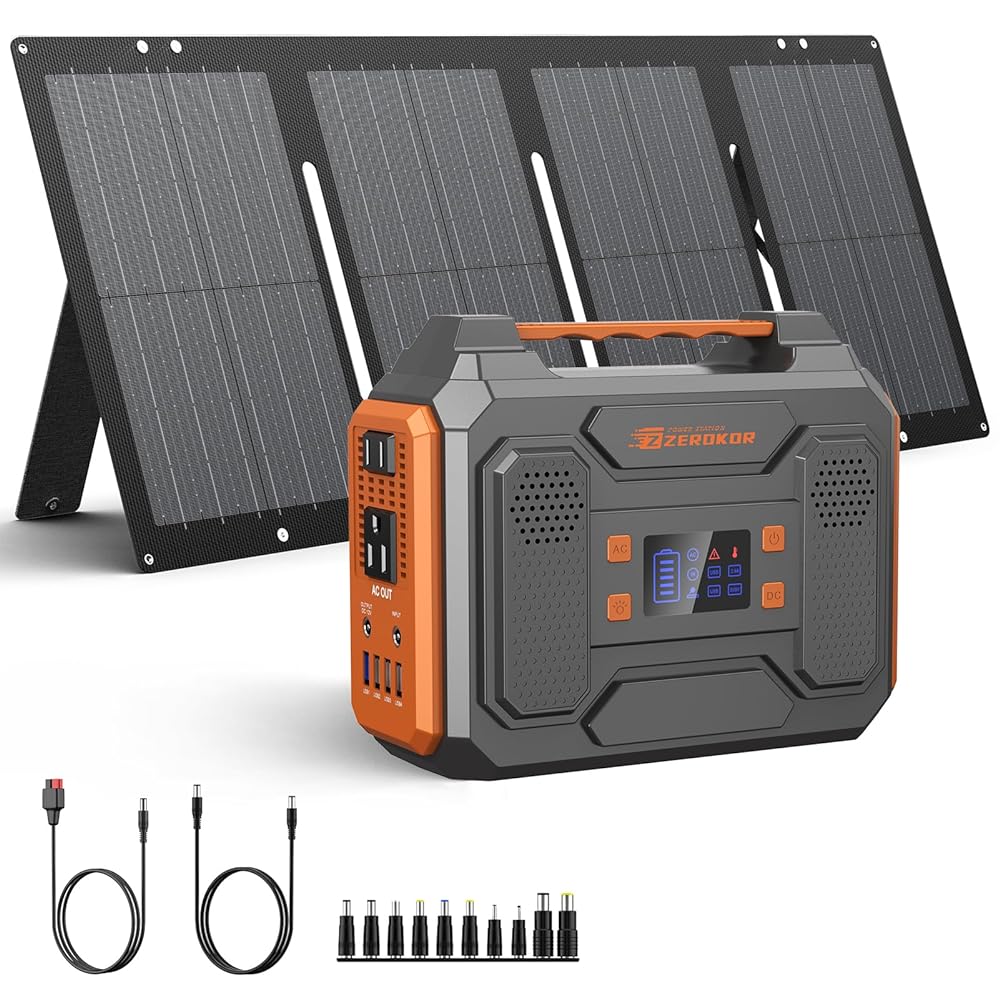
Overall, this article provides a comprehensive guide for anyone in search of an RV solar backup generator. It covers all the essential features and considerations. Well done!
I would have liked to see more information about the durability and weather resistance of the generators. It’s crucial for an RV solar backup generator to be able to withstand various weather conditions.
Great article! I never knew there were so many important features to consider when looking for an RV solar backup generator. This really helps in making an informed decision.
I found the section about battery capacity and power output particularly useful. It’s important to ensure that the generator can provide enough power to run all the appliances in the RV.